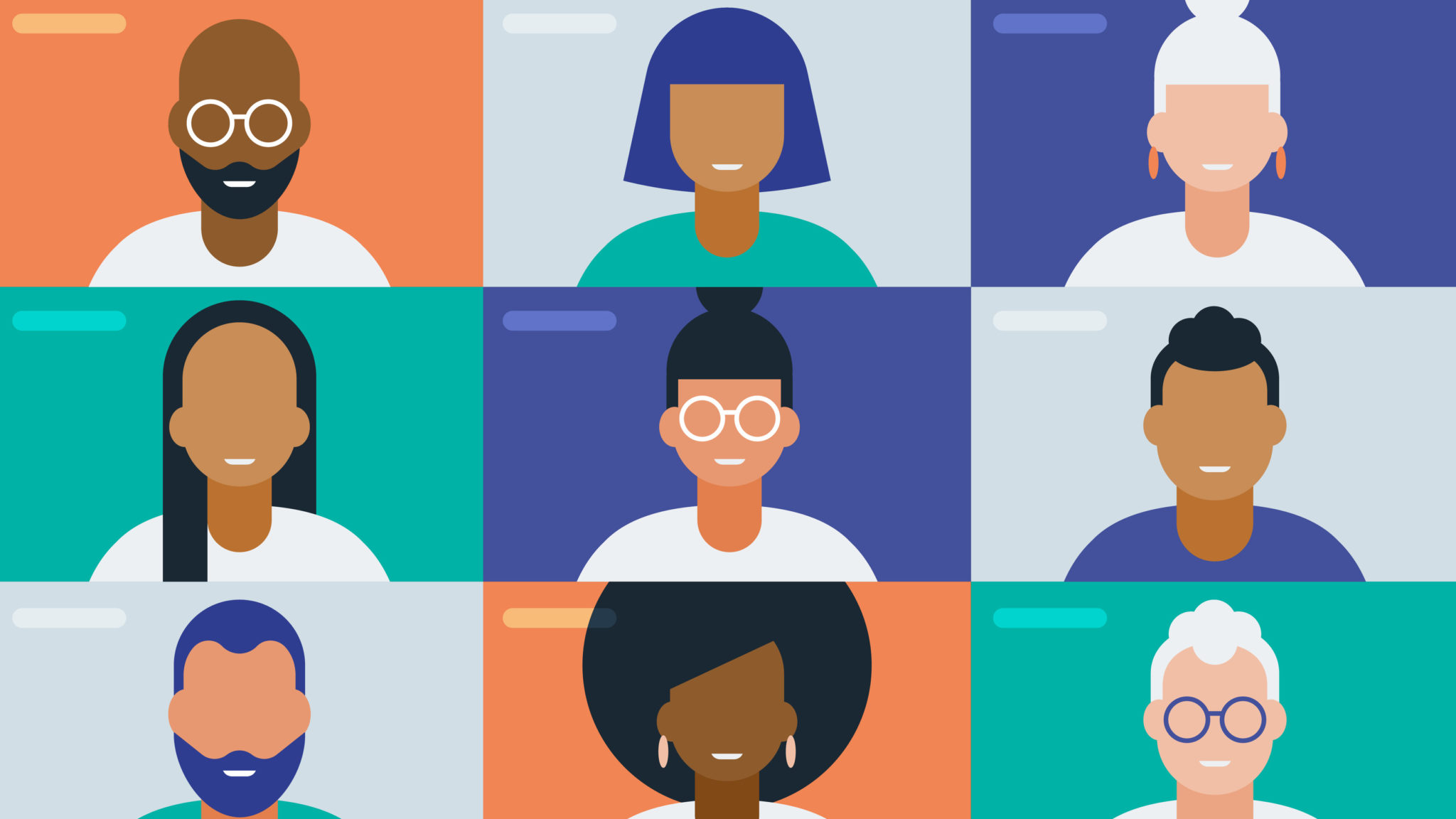
When Akkila Thirukesan arrived in Toronto in the fall of 2019 to participate in the traditional summer recruitment process, she found herself spotting other students all over the downtown core. “You know,” she says, “it’s not a very big area of town.” Every student was there for the same reason: to spend three days interviewing in-person at law offices in the hope of landing a second-year summer job. And each one would behave in the same way, too. Thirukesan saw them anxiously flipping through binders in building lobbies, on the street, in the subway and inside coffee shops. And she couldn’t help but see the expensive suits some were wearing as they ran up and down Bay Street. She knew other students who didn’t own a suit until interview season and wore the same one every day. “Then someone with a totally different background,” she says, “would get a blow-out done.”
The Bay Street recruitment process is known for its tough competition. Until this year, when COVID-19 changed everything, it unfolded in the same way each year. Law firms would, first, meet students near their law school in October to conduct 17-minute “speed-dating” interviews. Next, the top-rated students would travel to Toronto for in-firm week, during which they would attend interviews in the day and social events — such as cocktail parties or dinners — in the evening. Finally, there would be a stress-filled 24-hour period when firms called students with offers.
The process was rigid, but the interviews could be casual — sometimes too casual. Students have long complained that, too often, firms focus on “culture fit” rather than skills or experience. When Thirukesan participated in on-campus interviews, she met with one Bay Street recruiter who spent the entire 17 minutes asking about her hobby as a recreational Bollywood dancer. She left discouraged and frustrated. “It felt very wrong to me,” says Thirukesan, who is Tamil-Canadian. She wondered why the recruiter didn’t want to know anything else about her, such as her academics or experience.
The sit-down dinners and cocktail receptions could be problematic, too. Students have previously described instances of large-firm partners asking applicants about their favourite overseas destinations and taste in art. The intent is innocent, but these questions alienate students without wealth in their families. Thirukesan never heard back from the Bollywood-obsessed recruiter, but she eventually landed a summer position with a government agency through the OCI process.
This year will look different. In response to the pandemic, the Law Society of Ontario has moved the OCIs to January and February. More importantly, though, most firms will be holding remote interviews. The “speed dating” round will take place on video throughout January and February, with a second round of virtual interviews in March.
Video conversations are, by their nature, a bit awkward. It’s hard to be charismatic or engage in unscheduled chit-chat. That’s usually a bad thing. But it might be a blessing in disguise for the OCIs, since the formal format could make casual-but-exclusionary chit-chat less likely to occur.
Remote interviews also eliminate travel expenses, which can include a flight to Toronto, stay at a hotel and meals. The fact that the process takes place after the first semester of second year is also a potential upside. Many students who struggle in first year can recover in their second year. “There are many students who may not have participated before, for a variety of reasons, who may now be very open to participating because of the virtual nature of the process,” says Natalie Zinman, the director of legal recruitment and development at Lenczner Slaght.
Alex Mulligan, a second-year law student at Osgoode Hall Law School, is feeling good about the change. There’s some added pressure, but he says for some students it could be a stress reliever because they can improve on last year’s grades. “If someone didn’t do as well in first year,” he says, “now they have an opportunity to do better.”
Angela Sordi, who manages student recruitment programs at Borden Ladner Gervais LLP, is optimistic that the new schedule could give students the chance to get more involved in extracurricular activities before recruitment, in addition to academic improvement. “First year isn’t always the best example of what a student can do,” she says.
Before the pandemic, Bay Street had started to rethink the recruitment process. The litigation boutique Paliare Roland, for example, had already eliminated dinners and moved to one-on-one coffee chats instead. “We never held cocktail receptions, and we stopped doing dinners a few years ago,” says Emily Lawrence, a partner who runs the firm’s student program. “We didn’t feel that they were a good way to assess candidates by perpetuating a focus on ‘fit’ instead of skills and ability.”
Not everything is rosy, though. During video interviews, the signal could drop or the screen could freeze. (Firms will be allowing two make-up days during the first round of “speed dating” interviews in case that happens). The background of a Zoom call, meanwhile, could reveal a student’s living space or socioeconomic background. And while doing interviews from home is less anxiety-inducing for many students, others could find it harder to make personal connections with recruiters.
At this point, it’s not clear whether any of the changes will continue. The new process may be a one-off. Going remote also won’t prevent firms from asking inappropriate questions, and a student could still find themselves in a similar situation as Akkila Thirukesan during a virtual interview.
Thirukesan, however, hopes that the move to digital interviews will bring change to the often ad-hoc recruitment process on Bay Street. Think about a typical cocktail party. “Someone brings you over to this other person, and says oh, you should introduce yourself to them,” she says. On a video call, there are no interruptions or surprise introductions. “It’s truly just you and the firm. It simplifies things.”
iStock
